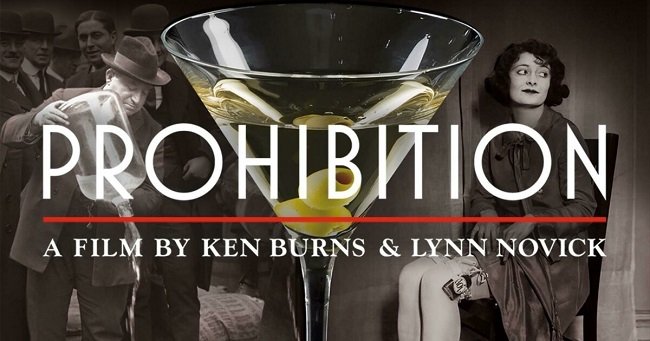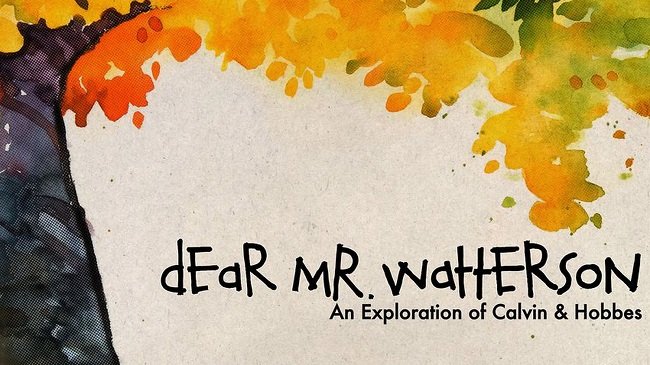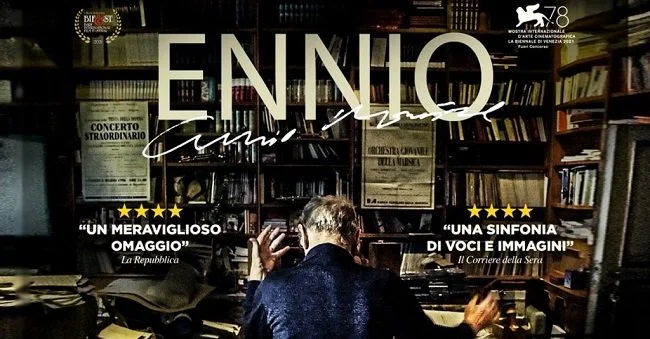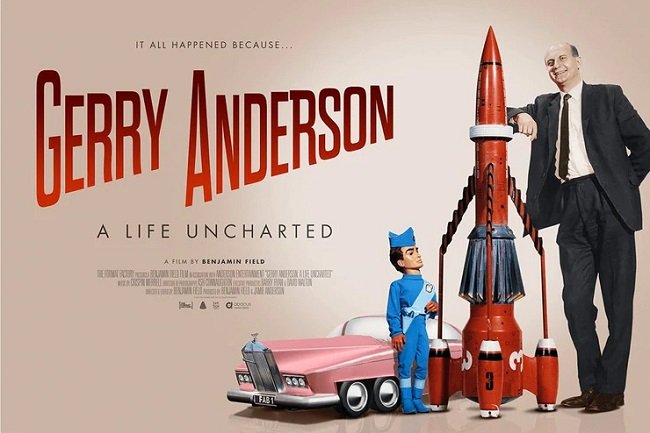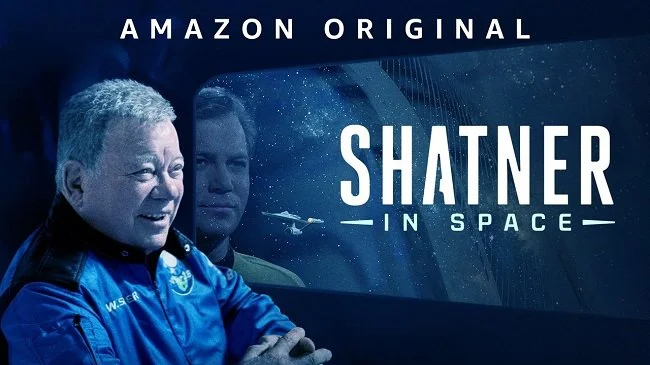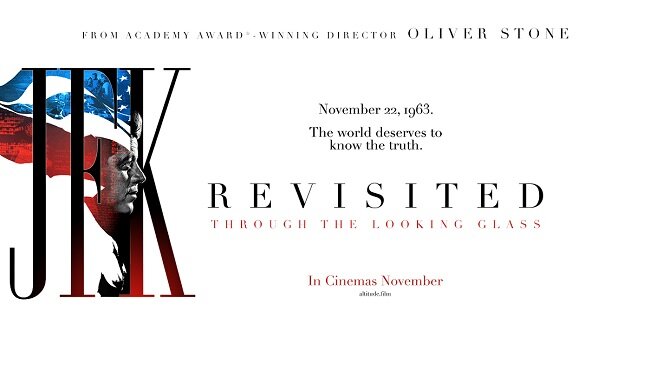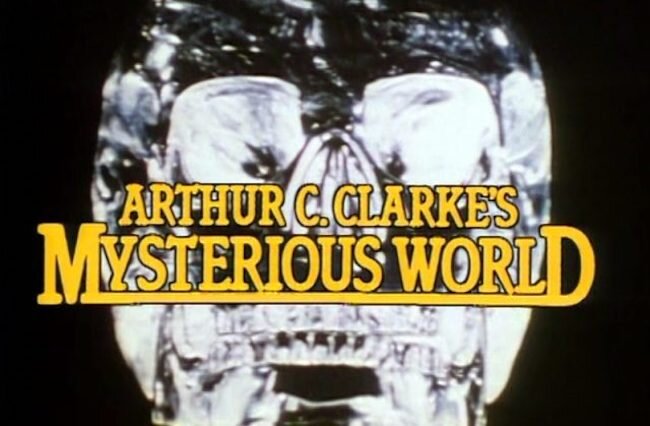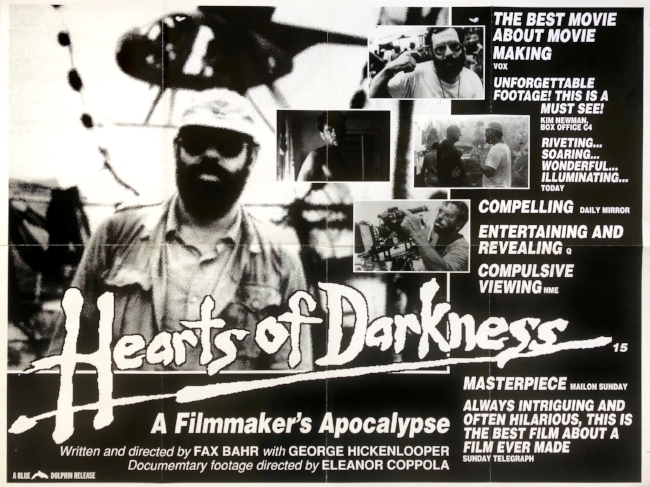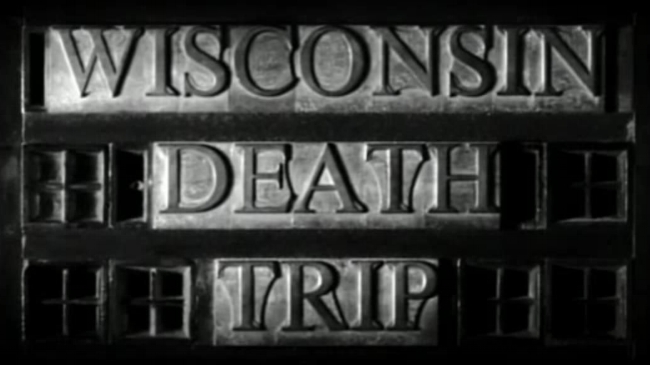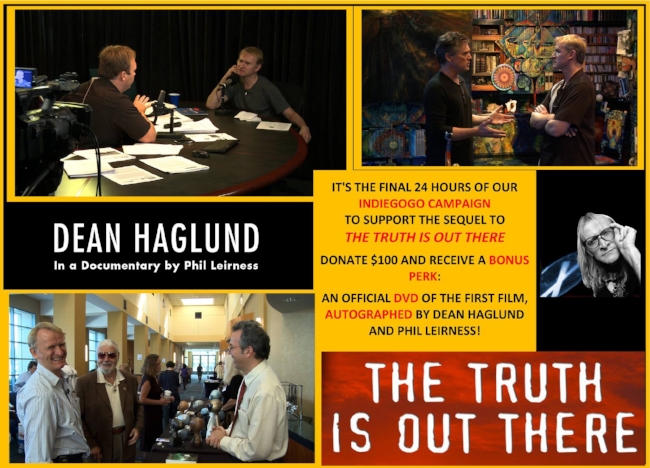Prohibition (2011)
Despite being an analysis of the past there is a portentous air about Ken Burns and Lynn Novick’s Prohibition. A fascinating five-and-a-half-hour documentary produced for PBS in 2011. The history of this disastrous experiment, the banning of alcoholic beverages, is a textbook example of how the transactional nature of US politics can be effectively used upon “wedge” issues. Prohibition follows the format and style of Burns previous documentaries such as the Civil War (1990) and The War (2007) with the wider subject broken down and analysed according to protagonists, events and the political background. Specific historical figures and key players are followed throughout the documentary’s narrative, giving viewers a sense of focus. Hence we meet the hatchet-wielding Carrie Nation, Wayne Wheeler from the Anti-Saloon League and media savvy gangsters like Al Capone. It is interesting to note that some themes continue from Burns’ previous work, such as the political and cultural conflict between native-born Americans and European immigrants. The rural heartlands versus the big cities.
The first episode, “A Nation of Drunkards,” explores the growth of the temperance movement in preindustrial America as a pushback against alcoholism and specifically, “the saloon” as a source of public drunkenness, domestic abuse and poverty. Americans were a nation of drinkers right from the start. Mainly because brewing was the primary means of making water drinkable. However, an influx of European immigrants to the major cities introduced new drinking customs that fueled the problem. Hence many brewers and distillers were established to meet demand. The temperance movement grew in power and managed to restrict alcohol sales in Maine in 1851. Yet the alcohol lobby was slow to react to this existential threat, assuming that the tax revenue raised on alcohol negated any attempt of a national prohibition. However,the ratification of the 16th Amendment and the introduction of income tax in 1913 paved the way for a political push for a nationwide ban. In 1919 the 18th Amendment prohibiting the manufacture, sale or importing of alcohol was ratified.
The second part of Prohibition, is “A Nation of Scofflaws” (the origin of this and many other words is a fascinating aspect of the series). Legal scholar, Noah Feldman, succinctly observes “To pass a law, in the real world, means nothing. To enforce the law means everything.” To enforce the new constitutional amendment, the administration created the Volstead Act but it was vague and underfinanced, with an inadequate number of law enforcement officials tasked with stopping the drinking habits of millions of Americans. It is here that Mr. Burns and Ms. Novick, play their hand well. The criminal opportunities that arose from prohibition were staggering. Rather than overwhelm viewers with a tsunami of data, they elect to focus on a handful of well known bootleggers to make their point. The scenes of violence stemming from organised crime are well known but the deaths and illnesses caused by unregulated and potentially poisonous alcohol are not so well publicised.
The utter failure of the 18th Amendment is addressed in the final instalment, “A Nation of Hypocrites”. It documents the run up to its repeal in 1933. Again a perfect storm of events set the political chess board in such a fashion that repeal was not only possible but politically expedient. The great depression and subsequent economic fallout required the tax revenue that alcohol brought. Plus, there was an increasing concern that a nation of willing law breakers was detrimental to democracy. So an additional amendment was made to negate the effects of the 18th. It was expected to be a long and drawn out process but self-correction was remarkably quick in governmental terms. Historian Catherine Gilbert Murdock muses upon how a political lobbying success ultimately failed due to its own intransigence. “The dry movement in the late 1920s had an opportunity to capitalise on its success and modify the most egregious issues within the Volstead Act and the enforcement of prohibition, but refused to. In their extremism, they eliminated all moderate support.” Perhaps if the excesses of prohibition had been mollified, the act would have lasted much longer.
As ever with Ken Burns’ documentaries, the historians and experts that provide insight and analysis are complemented by a broad selection of quotes from correspondence and period texts, by all the major parties. Peter Coyote narrates in a focused and engaging fashion. Prohibition also features the voice talents of John Lithgow, Sam Waterston and Samuel L. Jackson. What Prohibition does successfully is make its point without bludgeoning the viewer with the obvious lessons for those who currently seek to legislate personal and moral behaviour. Burns and Novick let the story of the 18th Amendment speak for itself. The message is not that laws based on restricting rights of citizens, as opposed to protecting them, are ultimately destined to fail. It’s that social engineering of this nature can result in far more problematic consequences. Prohibition is fascinating viewing and extremely relatable, due to the ubiquity of drinking in so many cultures.


